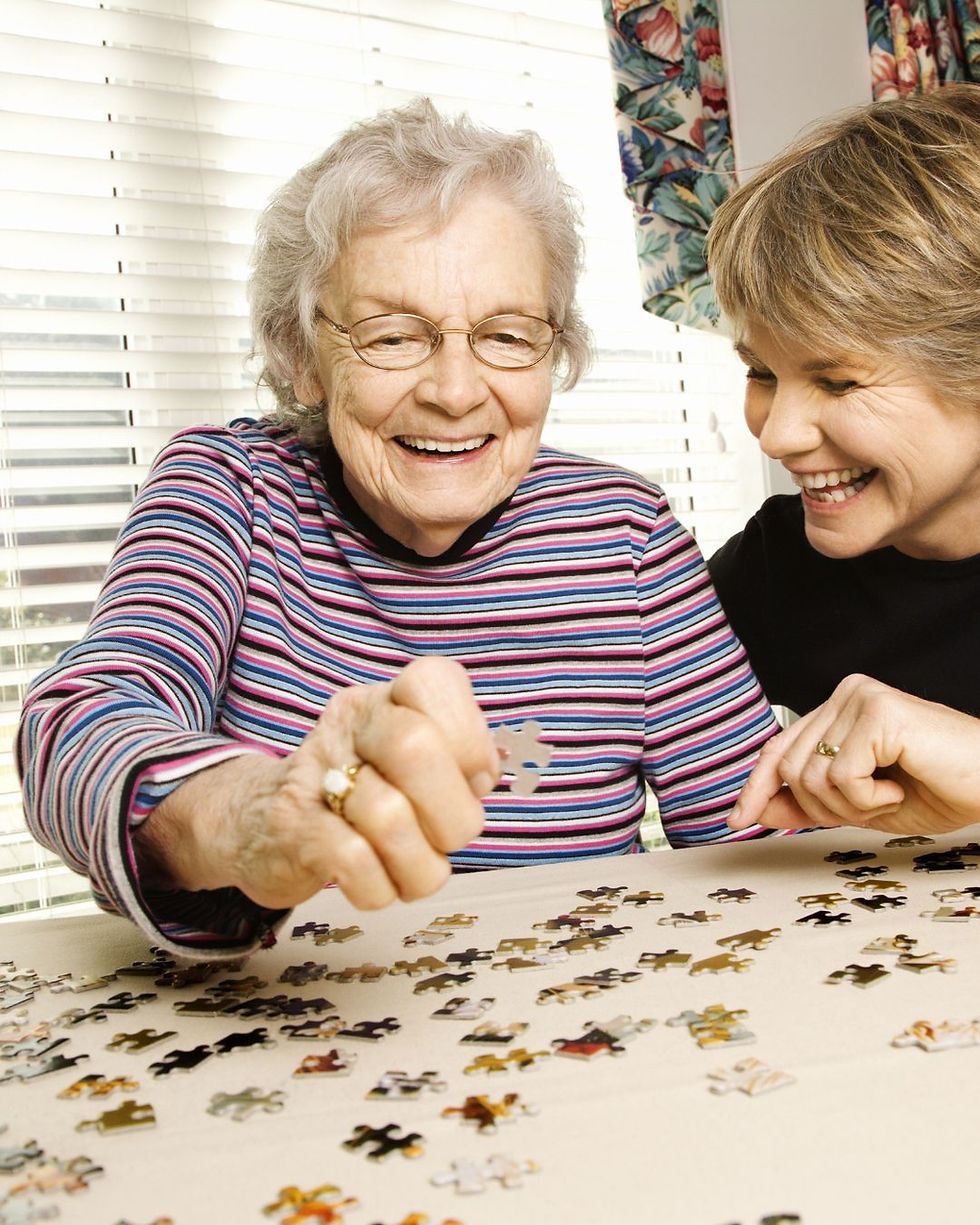4 Reasons Why Hydration Matters
- Bright Copper Kettles CIC

- Jun 27, 2023
- 2 min read
Updated: Oct 31, 2025

During the summer months keeping hydrated can be more challenging. However, ensuring proper hydration for care home residents is crucial for their overall health and wellbeing.
Dehydration can lead to a variety of health complications, particularly among older adults who may have a reduced sense of thirst or difficulty maintaining adequate fluid intake.
Here are 4 reasons why keeping care home residents hydrated is important:
Physical health: Sufficient hydration is vital for maintaining proper bodily functions. Water is necessary for digestion, absorption of nutrients, regulation of body temperature, and the optimal functioning of organs and tissues.
Cognitive function: Dehydration can negatively impact cognitive abilities, including memory, attention, and concentration. It can also contribute to confusion and disorientation, which may be especially concerning for elderly individuals.
Preventing urinary tract infections (UTIs): Adequate fluid intake helps prevent UTIs, which are common among elderly individuals. Drinking enough water helps flush out bacteria from the urinary tract and reduces the risk of infection.
Preventing constipation: Dehydration can lead to constipation, a condition that is already more prevalent among older adults. Sufficient water intake helps maintain regular bowel movements and prevents discomfort and other complications associated with constipation.

Here are 9 practices that can be implemented to help your residents stay hydrated this summer:
a. Encourage and remind residents to drink water regularly throughout the day. b. Offer a variety of beverages, such as water, herbal teas, mocktails and diluted fruit juices, to make drinking more appealing. Ice lollies, ice cream, rice pudding, fruit and jelly can all help to hydrate those who insist they are not thirsty. c. Provide access to water and beverages at all times, within easy reach of residents. d. Monitor and record fluid intake to ensure individuals are consuming enough fluids. e. Offer assistance if necessary, especially for residents with mobility or cognitive challenges. f. Provide fluids with meals and snacks to encourage regular consumption. g. Consider the preferences and dietary restrictions of residents when offering beverage options. h. Educate staff and caregivers about the importance of hydration and how to recognize signs of dehydration. i. Monitor the color of urine as an indicator of hydration levels. Dark or concentrated urine may indicate the need for increased fluid intake.
Remember, each resident's hydration needs may vary, so it's important to tailor the approach to individual preferences and health requirements.
Regular communication with healthcare professionals can also help in establishing proper hydration protocols based on residents' specific needs.
DON'T FORGET: It's important for you to keep hydrated too!
Care home activities matter.
Many of the activity ideas in the ACTIVITY COORDINATORS MEMBERSHIP include tips for improving hydration and nutrition.








Comments